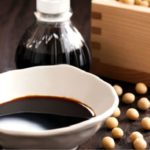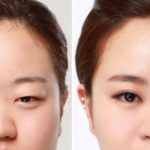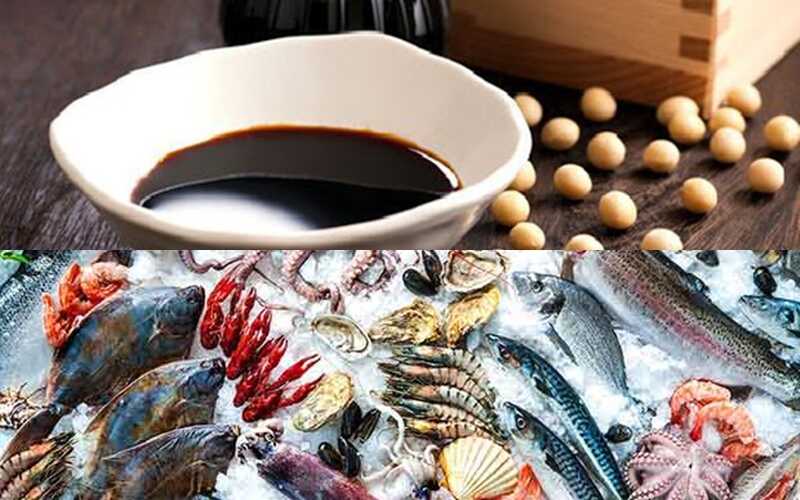
It is a common belief that consuming seafood and soy sauce should be avoided after surgery or while wounds are healing, as they are thought to cause raised and darkened scars. But is there any truth to these claims? Let’s explore the facts and separate myth from reality.
1 Does Soy Sauce Cause Dark Scars?

The notion that consuming soy sauce after acne treatment or surgery will lead to dark scars is simply a myth with no scientific basis. In reality, soy sauce, when digested, breaks down into various substances that the body can absorb, such as proteins, carbohydrates, fats, and water. The pigments in soy sauce are directly metabolized and do not reach the skin, so we can conclude that there are no components in soy sauce that can directly affect the skin and cause dark scars.
For further reference:
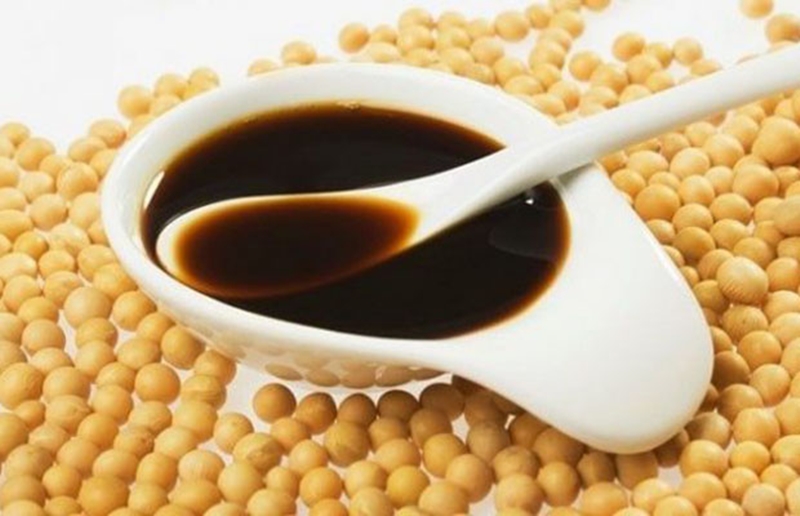
However, it is important to note that soy sauce contains an amino acid called tyrosine. This substance, commonly found in cosmetics, can be converted into melanin when exposed to sunlight, leading to skin darkening. Therefore, if you have open wounds or scars that are still healing, it is advisable to avoid excessive sun exposure after consuming soy sauce made from fermented soybeans to prevent dark scarring.
For further reference: accelerates wound healing
2 Does Seafood Cause Raised Scars?

Seafood is rich in nutrients and essential amino acids that promote faster wound healing. However, traditional beliefs and some studies suggest that consuming seafood like shrimp, crab, and saltwater fish during the wound healing process can cause raised scars and interfere with the formation of new skin cells.
Dr. Wong Wen Jun from the Institute of Traditional Chinese Medicine (TCM) at Eu Yan Sang TCM Wellness Clinics supports this view, stating that certain types of processed seafood (e.g., smoked, salted fish) and shellfish can impede wound healing and even cause ulceration.
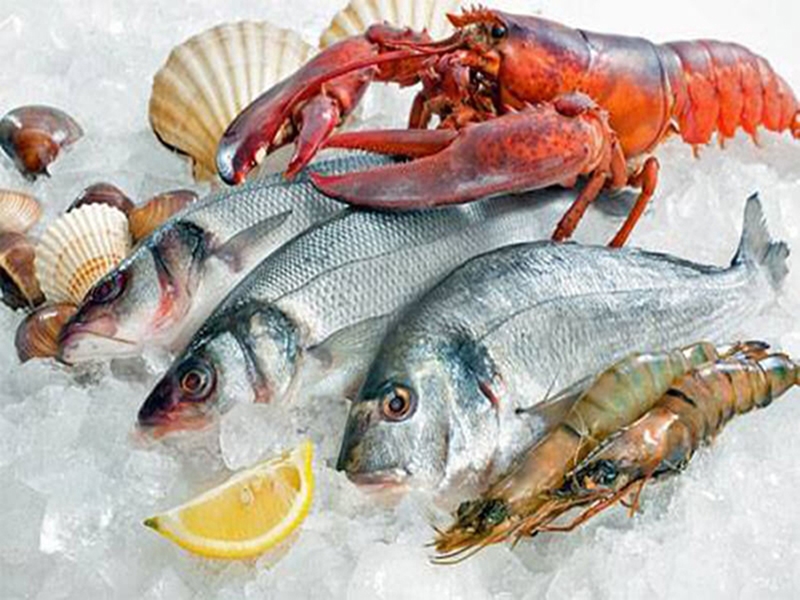
The reason behind this lies in the fact that not all nutrients in seafood are ideal for our bodies. Some types of seafood, such as shrimp, crab, saltwater fish, and octopus, contain high levels of protein that can trigger allergies, making wounds itchy and uncomfortable, delaying healing, and eventually leading to raised scars.
3 Conclusion

Both soy sauce and seafood can contribute to scar formation, but in different ways. Soy sauce may lead to dark scars when combined with excessive sun exposure. Seafood, on the other hand, can cause raised scars during the wound healing process. Therefore, it is crucial to exercise caution and moderation when consuming these foods, especially if you have open wounds or sensitive skin. Additionally, people with acne are advised to limit sun exposure and avoid seafood to prevent adverse effects on their skin.
4 What to Eat to Prevent Scarring
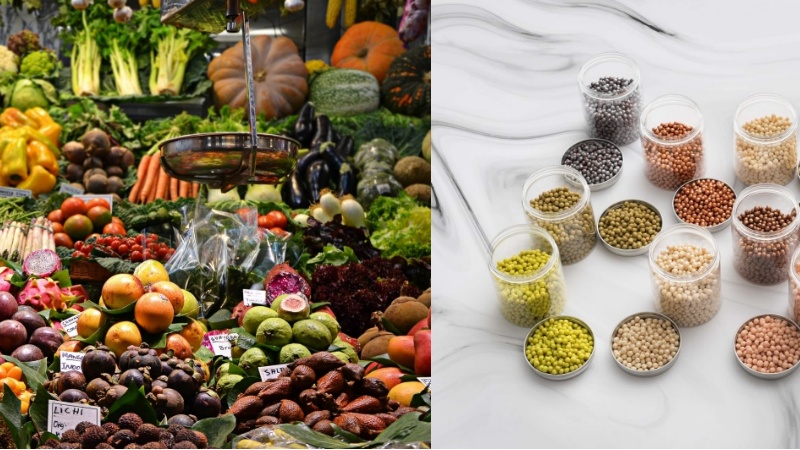
– Boost your antioxidant intake by consuming more fruits and vegetables rich in vitamins A and C, such as citrus fruits and dark, leafy greens. These nutrients help strengthen your immune system and reduce inflammation.
– Include more whole grains in your diet, such as brown rice and oats. These foods help alleviate itching and redness associated with wound healing.
– Take vitamin C, E, and B complex supplements as directed by your doctor to promote faster wound healing.
This article has clarified the myths and facts about the impact of seafood and soy sauce consumption on scarring. We hope it empowers you to make informed choices to maintain healthy skin.
Explore some home remedies for scar treatment:
>>
>>
>>
Examining the Contrasts Between Soy Sauce and Oyster Sauce
Do you find yourself perplexed about the distinction between soy sauce and hoisin sauce? Don’t despair, this article will help you get to grips with how to properly use these two common condiments.



























